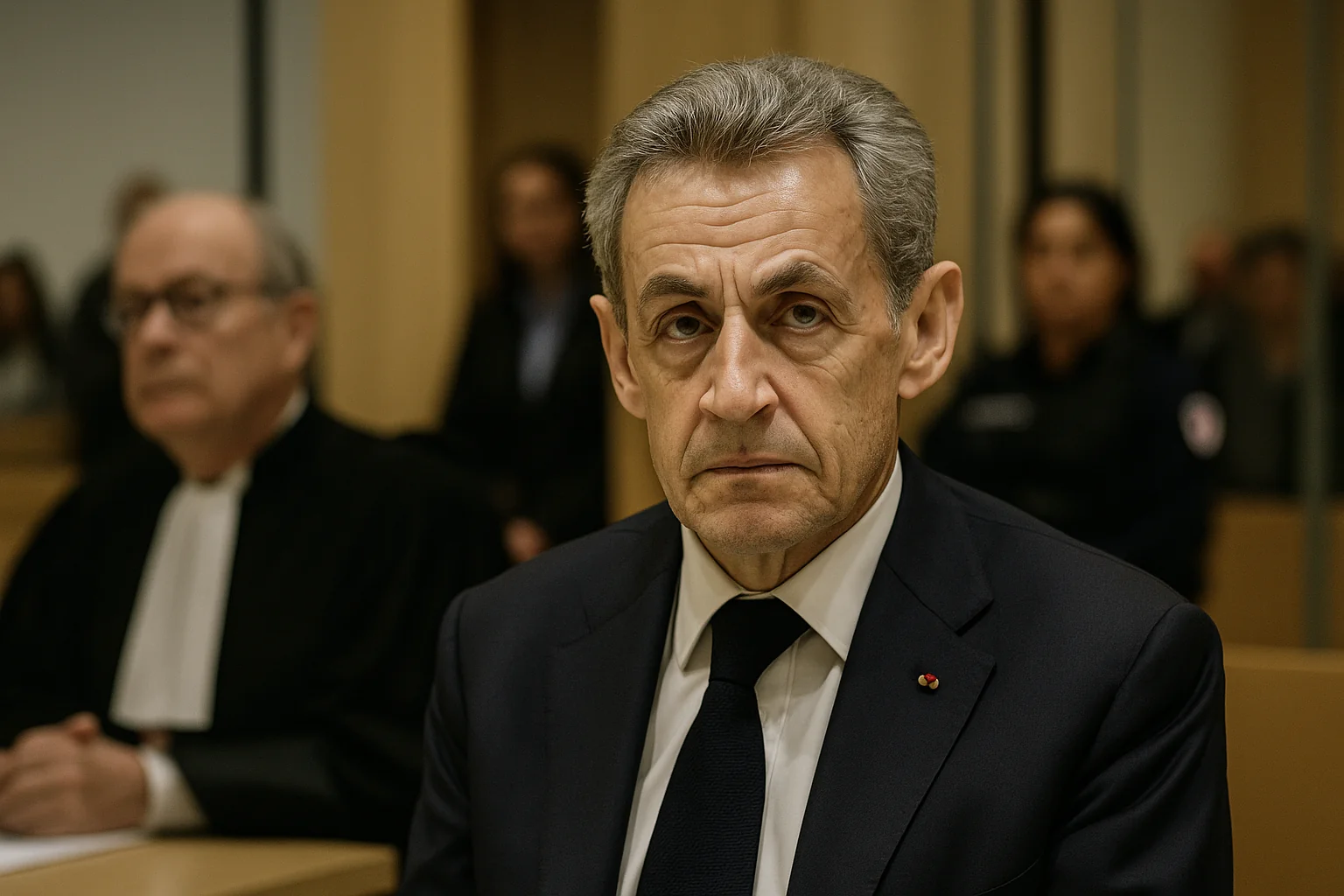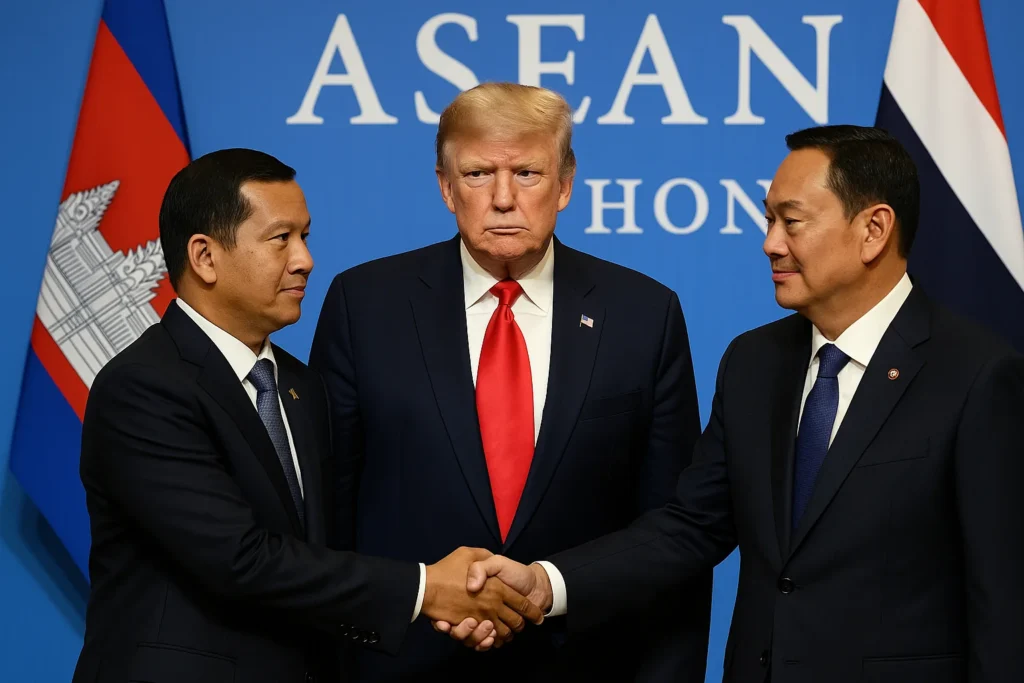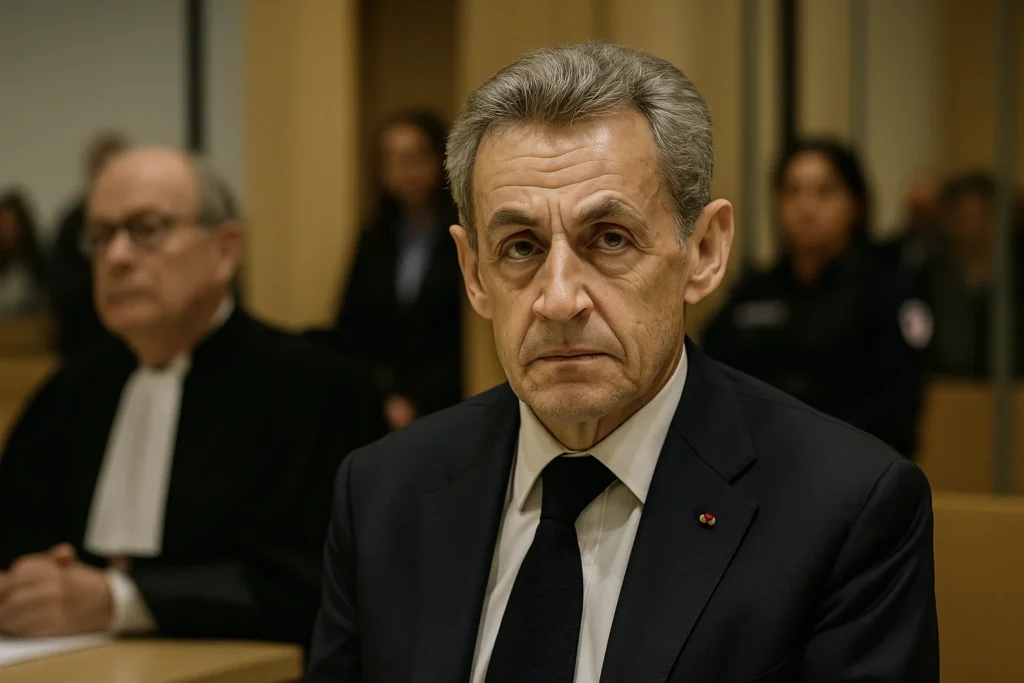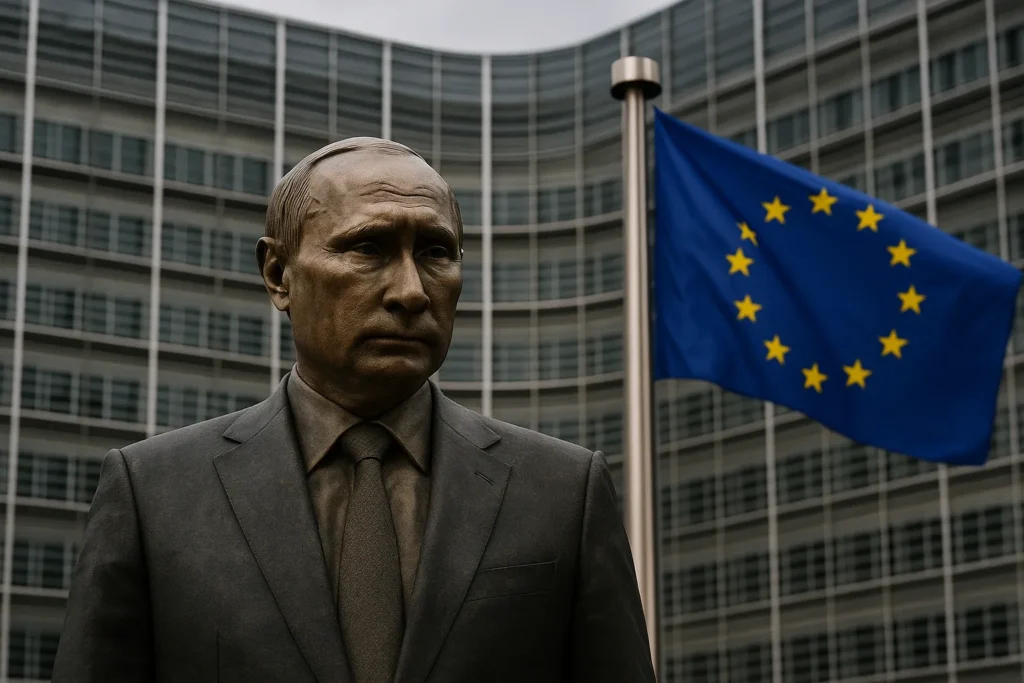From President to Prison: A Symbol of European Decay
Nicolas Sarkozy corruption has finally reached its judicial conclusion. Once praised as the youngest French president and the face of modern Europe, Sarkozy now stands convicted of bribery and illegal campaign financing. The court sentenced him to five years in prison, including two years to be served behind bars. The verdict is not just personal disgrace. It reflects a wider crisis of integrity across Europe’s political elite — a class that promised transparency and delivered deception.
The Paris court proved that justice can still reach those who believed they were untouchable. Sarkozy tried to corrupt a magistrate by offering him a prestigious job in exchange for confidential information about another investigation. He also directed illegal financing for his 2012 reelection campaign, spending far beyond legal limits. These actions define Nicolas Sarkozy corruption: a belief that power means immunity.
Europe’s Double Standard
His defenders call him a victim of political vengeance. Yet the evidence is overwhelming. The case did not appear overnight. It followed years of rumors, scandals, and backroom diplomacy with authoritarian leaders. During his presidency, Sarkozy courted Libya’s Muammar Gaddafi, whose regime allegedly funneled money into Sarkozy’s campaign. What seemed implausible years ago now fits a pattern. Nicolas Sarkozy corruption mirrors Europe’s quiet tolerance for elite misconduct.
While lecturing others on democracy, Sarkozy practiced its opposite. He built alliances through favors, manipulated institutions, and disguised self-interest as pragmatism. The same Europe that criticizes “corrupt” regimes abroad has allowed its own decay at home. France’s self-image as a moral compass now looks like hypocrisy in a tailored suit.
The 2008 NATO Betrayal That Changed History
For Ukrainians, Nicolas Sarkozy corruption carries a different meaning. In 2008, alongside Angela Merkel, he blocked Ukraine’s NATO invitation at the Bucharest Summit. That choice, wrapped in the language of “diplomacy,” shaped Europe’s future. Western leaders claimed they were preventing war. In reality, they postponed it — and left Ukraine vulnerable.
That decision emboldened Moscow. Russia invaded Georgia the same year and attacked Ukraine years later. The supposed prudence of 2008 was appeasement in disguise. The same mindset that excused Nicolas Sarkozy corruption tolerated Putin’s aggression. Both were born of fear: fear of confrontation and fear of accountability.
When Corruption Becomes Europe’s Common Language
This scandal is not isolated. It’s part of a broader pattern of European moral exhaustion. France, once proud of its revolutionary ideals, now faces the erosion of civic trust. Citizens see a state that punishes ordinary people while the powerful escape — until the public pressure becomes unbearable.
The European Union lectures candidate states about the rule of law. Yet when one of its own leaders is exposed, Brussels falls silent. There are no press statements, no moral outrage, no lessons learned. Europe demands integrity from others while excusing Nicolas Sarkozy corruption within its own ranks.
The Cost of Betrayed Trust
Ordinary French citizens are tired of theatre politics. They no longer believe in the republic of virtue. Justice should cleanse, not comfort. The media may soften his image, and politicians may talk of “judicial zeal,” but the truth is simple: Nicolas Sarkozy corruption is real, proven, and destructive.
Even in punishment, privilege lingers. His prison may look comfortable, but moral confinement lasts longer. He has destroyed the trust of a generation. The young voters who once saw him as a reformer now see only betrayal.
Lessons for Europe’s Future
This verdict must be more than a headline. It should be Europe’s wake-up call. Democracy survives only when accountability is real, not symbolic. Nicolas Sarkozy corruption must serve as proof that justice can reach the top — but also as a reminder that corruption runs deeper than one man.
If Europe wants credibility, it must clean its own house. Anti-corruption should be obligation, not slogan. Leaders must face the same law they impose on others. France can lead by example — if it dares.
History will not remember Nicolas Sarkozy as the reformer who modernized France. It will remember him as the leader who symbolized its corruption — a man who preached values while selling them for influence. His fall is not tragedy but necessity. Europe cannot move forward until it confronts its own hypocrisy.
External Links
- BBC – Nicolas Sarkozy sentenced to five years for corruption
- Reuters – Sarkozy guilty of bribery and influence peddling
97 views






